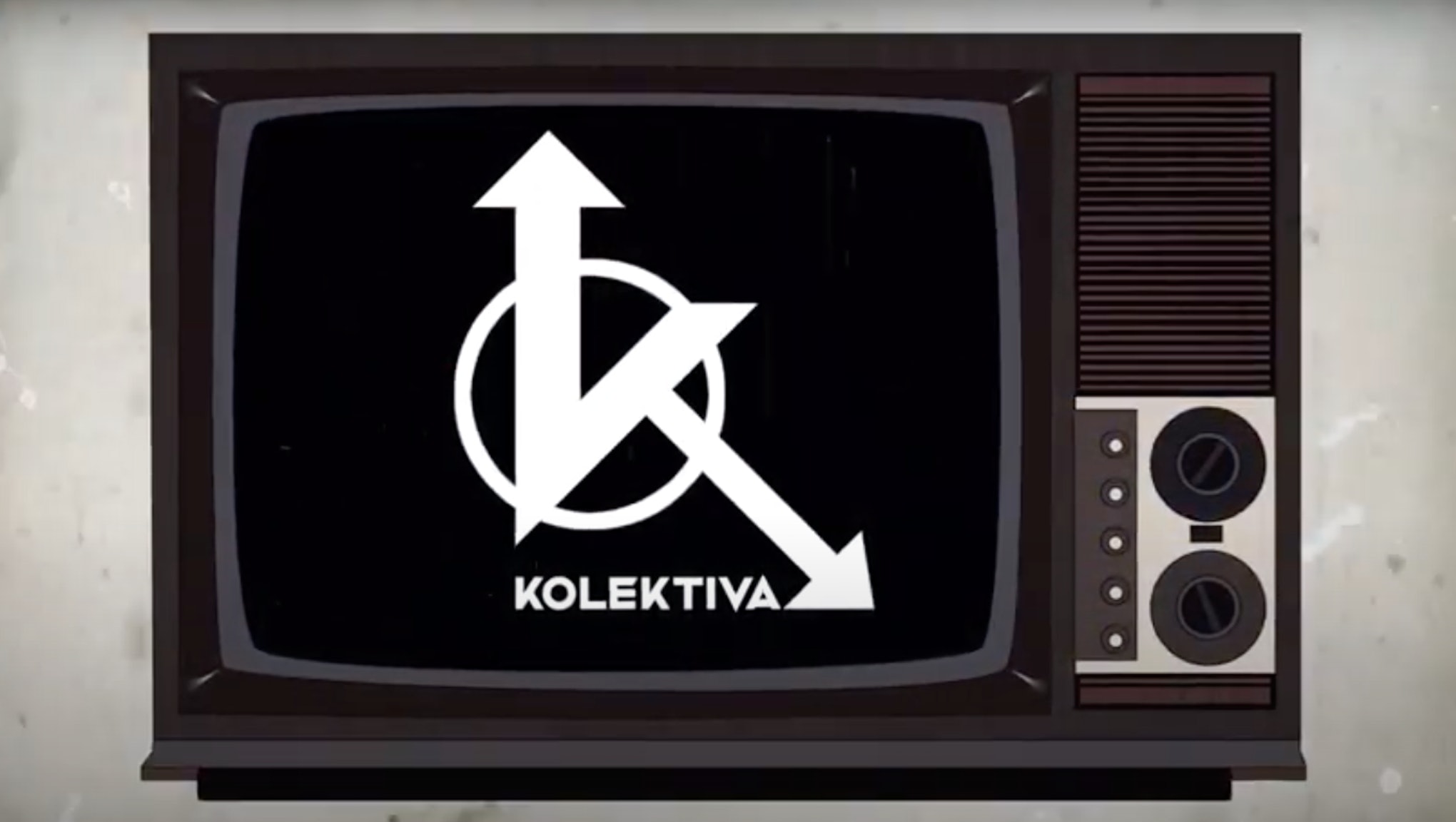By Ella Fassler, November 10, 2020
In August, Facebook purged a number of anarchist news organizations and left-wing activists from the site under the guise of a larger ban targeting far-right extremists and QAnon conspiracy theorists. Following the ban, a group of anarchists created their own social media server called Kolektiva Social on Mastodon, a decentralized, non-corporate social media alternative. The server, dubbed an ‘instance’ in Mastodon-speak, has since amassed over 2,100 users and continues to grow from an influx of left-leaning activists who feel they are targeted by larger social media platforms. Just last month, without warning or explanation, Instagram disabled the account of the Pacific NorthWest Youth Liberation Front, a decentralized network of youth collectives committed to taking direct action toward ‘total liberation.’ In response, the group encouraged people to find them on Kolektiva Social and on their blog.
Anarchist filmmaker and Kolektiva Social collective member Franklin Lopez tells Mic, “Folks saw a need for a social media platform that was not rife with censorship, shadow banning, and data tracking […] This would be a platform that belongs to us, that is ad free, where we don’t track users’ habits or keep any of their data except for what they publish themselves.” So far, the server’s discourse is productive and the environment is friendly.
Mastodon, home to over 3 million accounts and growing, borrows from Reddit, Twitter, and Facebook by allowing for 500-word character limits in an interface reminiscent of Twitter, while each community moderates its own content. The platform was founded by German-born developer Eugen Rochko in 2017 with funds from crowdfunding site Patreon. It is attractive for anarchists partially because it mirrors the type of decentralized, non-hierarchical society they hope to build. Each instance within Mastodon acts as its own community, and disparate instances can link up and share content, or ‘federate,’ with each other.


